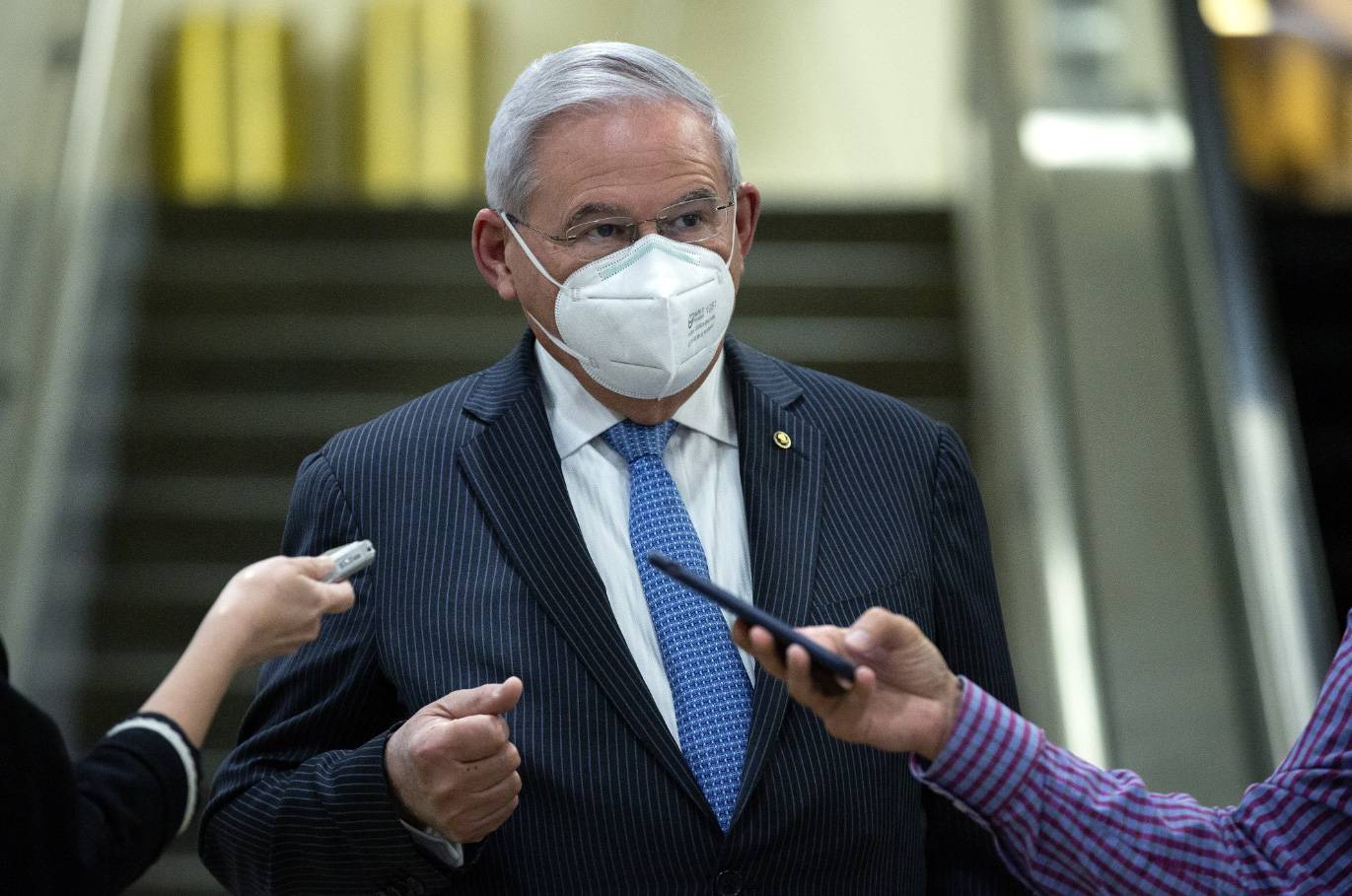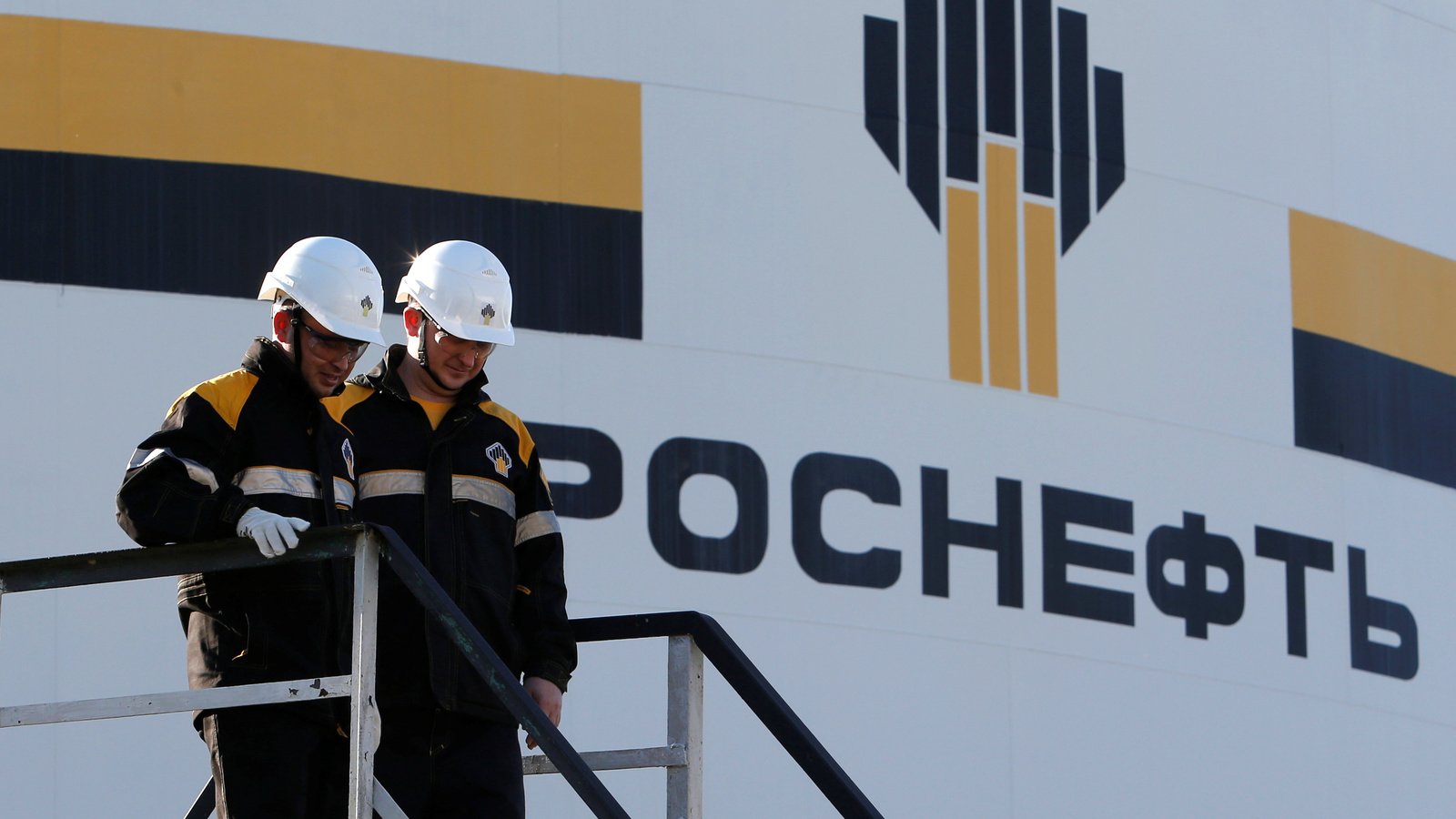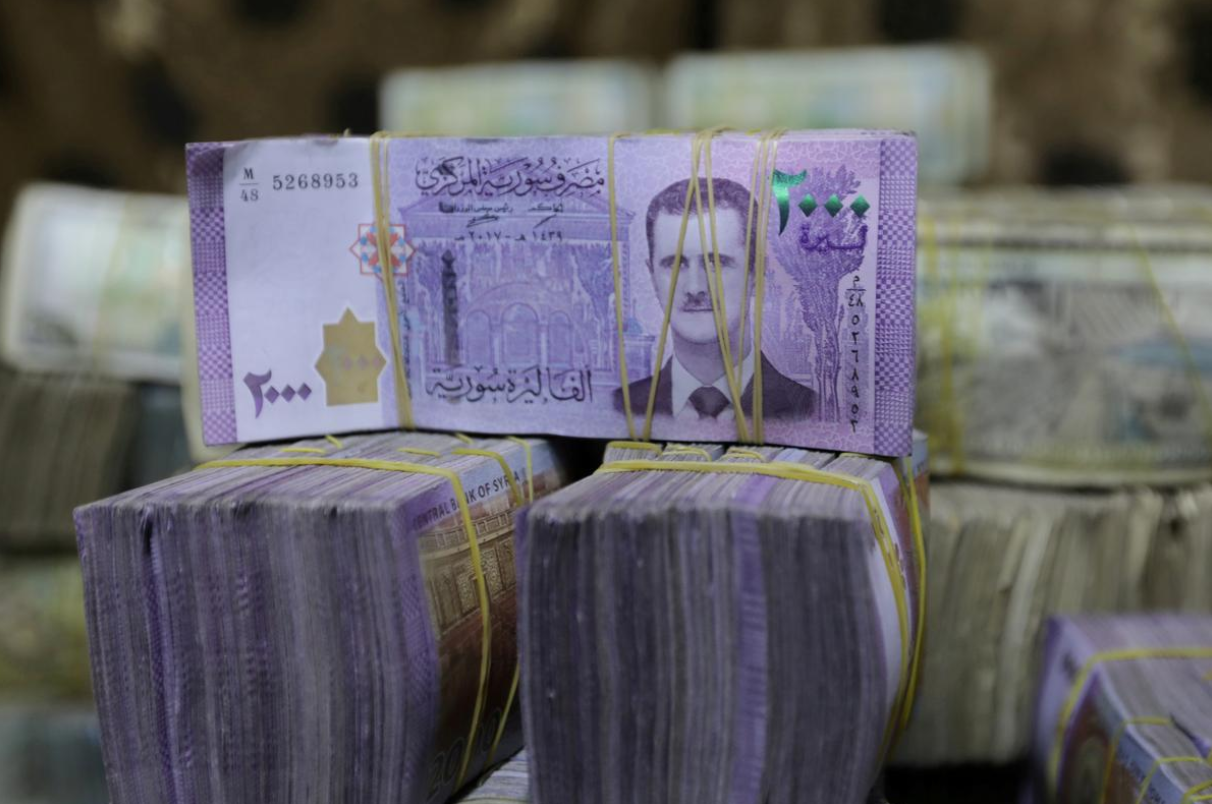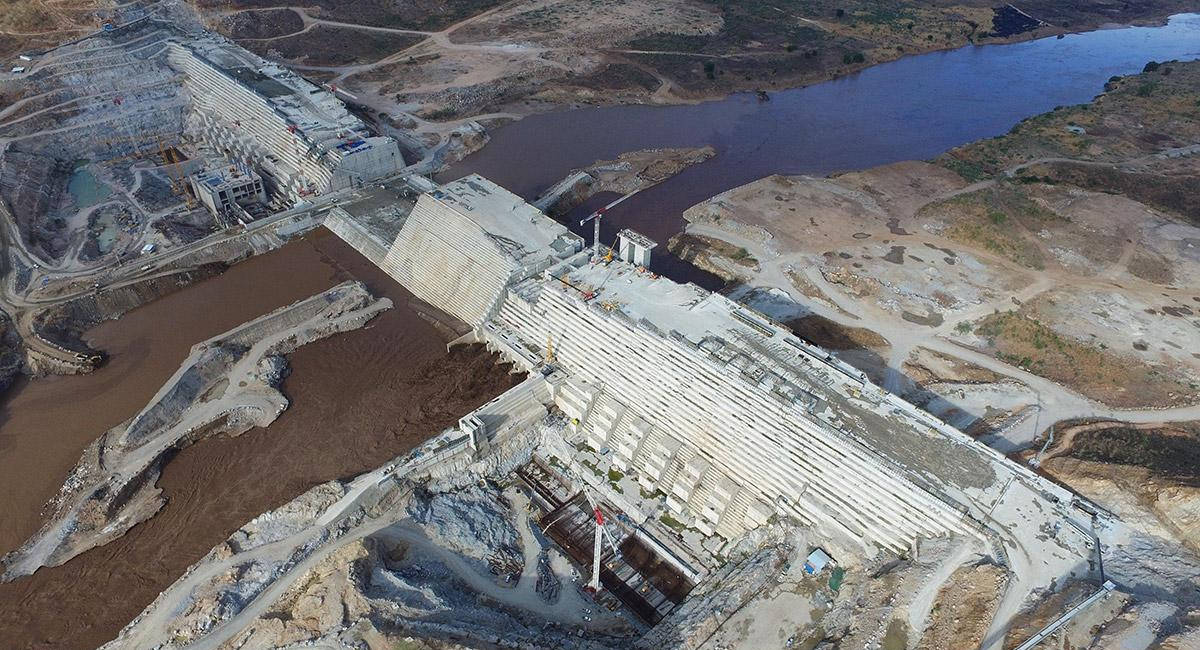On June 22, US Senator Robert “Bob” Menendez sent a letter to Secretary of State Mike Pompeo to express “deep concerns” over a Turkish “escalation of aggression.” Menendez, the ranking member of the Senate Committee on Foreign Relations, expressed “deep concern” about recent moves by Turkey which the senator sees to be “threatening regional stability.”
Menendez pushes Pompeo
In Menendez’ letter to Pompeo, the senator, who receives detailed intelligence briefings as a member of the Committee on Foreign Relations, described Turkish foreign policy maneuvering as increasingly aggressive and in need of a US response. Menendez expressed concern that Turkish moves are threatening American “partners” in Greece, Cyprus, and Israel through Turkish foreign policy actions in Libya and Iraq.
As one of the Senate Democrats’ most outspoken hawks, Menendez has regularly shown a preference for strong retaliatory action against perceived opponents to US hegemony, with his support for the Joint Comprehensive Plan of Action, or the “Iran Nuclear Deal,” as a rare exception. The senator now calls on the state department to implement sanctions over Turkish policies abroad and its recent procurement of Russian S-400 missile defense systems.
Russian missiles
The senator asked Pompeo to “follow the law” and apply an existing package of sanctions intended for nations who buy Russian military hardware. The move would come as punishment for Turkey’s recent purchase of Russia’s S-400 missile defense system. Although the S-400 is considered to be a far superior defense system than the outdated US Patriot system, the US aggressively goes after any nation contemplating its purchase.
After China purchased S-400 technology, the US instantly applied sanctions, using the 2017 “Countering America’s Adversaries Through Sanctions Act.” Menendez questioned Pompeo on the motivations for a lack of a similar response to Turkey. Recent revelations from former National Security Advisor John Bolton have renewed worries that Turkish President Recep Tayyip Erdogan exercises disproportionate influence over US President Donald Trump.
Increasing aggression
The June 22 letter complained of the Turkish invasion of Kurdish Iraq as an act that further destabilizes “an already volatile and vulnerable region” and violates Iraqi sovereignty and international law. Menendez pitched Turkey’s role in the chaos in Libya as a breach of the Libyan arms embargo and an inconvenience to Greece and Cyprus, but made no mention of its role in the actual conflict.
More important, to Menendez, was the Turkish agreement with Tripoli’s government that allows Turkey to claim a large swath of the Mediterranean Sea as its own. The senator was concerned over Turkish violations to Cyprus’ Exclusive Economic Zone and violations of Greek airspace by Turkish military aircraft. The violations, Menendez wrote, constitute evidence of Erdogan’s “lack of commitment to the rule of law.”
Bolton book
On June 23, Al-Monitor reported that Menendez sent another letter to Pompeo after John Bolton’s new book revealed details of Erdogan and Trump’s dealings. Menendez wrote that Erdogan had received confirmation from Trump that the US president would “take care” of “a Turkish firm accused of the largest violation of Iran sanctions in US history.”
Turkey’s state-run Halkbank has been under investigations for its alleged dealings with Iran. John Bolton revealed that Trump had agreed with Erdogan, and told the Turkish president he would make the issue “go away.” Menendez has asked Pompeo to respond to these allegations and explain progress on the Halkbank affair.
As a member of the Committee on Foreign Relations, Menendez will have a deep understanding of Turkish geopolitical maneuvering. Menendez also released a statement with others on June 19 to oppose Israeli annexation plans as Trump’s favored strongmen in the Middle East appear emboldened to act aggressively during the “historic opportunity” provided by the Trump presidency.





